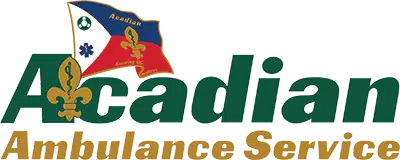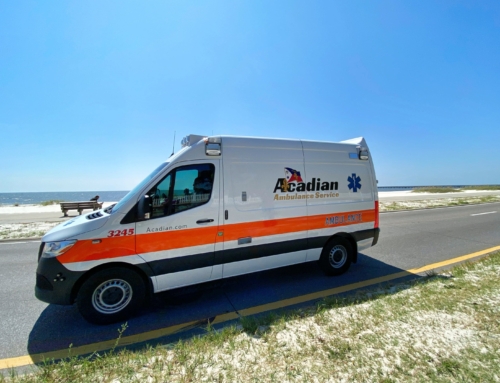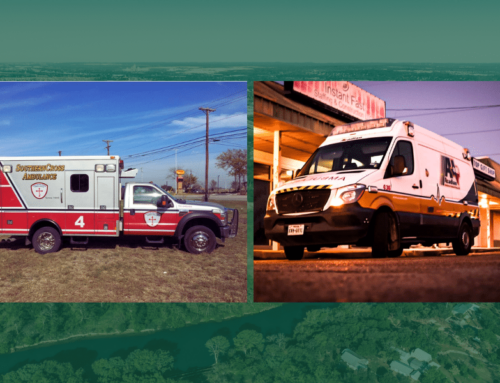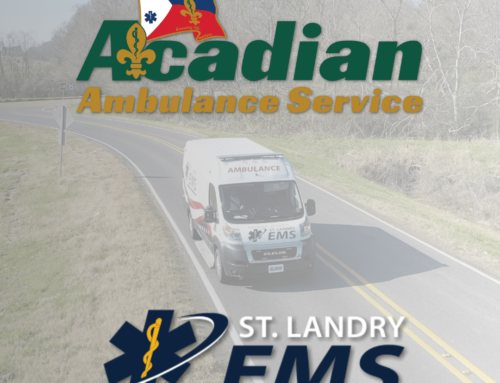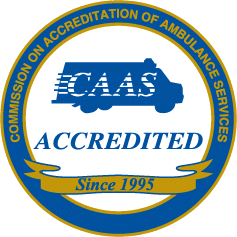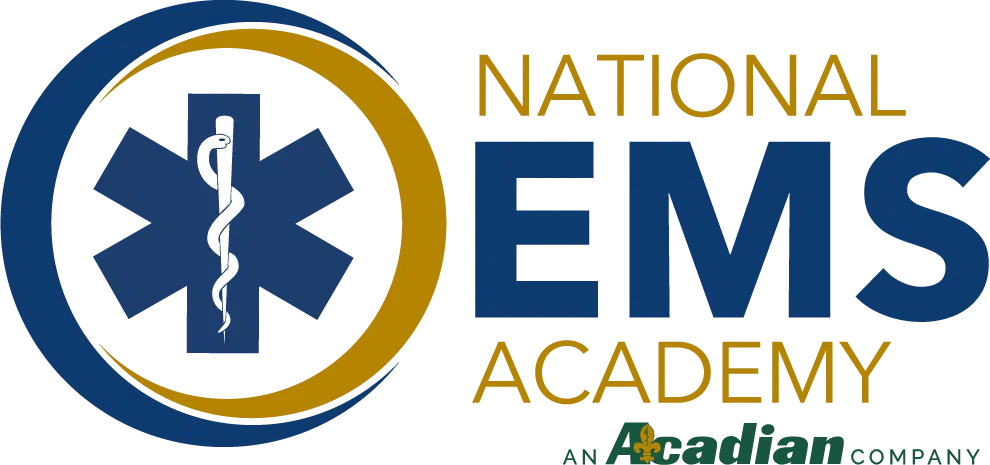Seven of Acadian Ambulance’s service areas have received the American Heart Association’s Mission: Lifeline® EMS Award for implementing quality improvement measures for the treatment of patients who experienced severe heart attacks, known as STEMIs, during 2019.
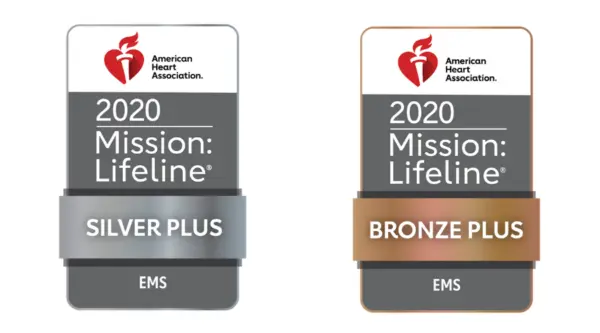
Acadian’s Southeast Texas (covering Orange, Jefferson, Chambers, Jasper, Newton, Hardin, Liberty and Angelina counties); Central Texas (spanning Hays, Travis, Williamson, Bell, Lampasas, Burnet, Coryell, Milam and Bastrop counties); and Orleans (spanning Jefferson, Orleans and St. Bernard parishes) service areas achieved the Bronze Plus recognition.
AHA’s Mission: Lifeline measures review the percentage of an agency’s patients who receive a prehospital 12 Lead ECG; the amount of time taken to perform a 12 Lead ECG on a STEMI patient; percentage of hospital transmissions that suggest a STEMI alert; and percentage of patients treated and transported directly to a STEMI receiving center and to a STEMI referring hospital.
“Acadian Ambulance is dedicated to providing optimal care for heart attack patients,” said Chief Medical Officer Dr. Chuck Burnell. “We are pleased to be recognized for our dedication and achievements in emergency medical care efforts through Mission: Lifeline.”
Every year, more than 250,000 people experience a deadly STEMI type of heart attack, which is caused by a blockage of blood flow to the heart and requires timely treatment.
The American Heart Association and American Stroke Association’s® Mission: Lifeline program focuses on helping communities and regions form effective coalitions of hospitals, ambulance services, non-transport medical first response agencies, emergency communications centers, emergency medical service regulatory/medical direction agencies, local government, local media and payers.
“EMTs and paramedics play a vital part in the system of care for those who have heart attacks,” said Tim Henry, M.D., Chair of the Mission: Lifeline Acute Coronary Syndrome Subcommittee. “Since they often are the first medical point of contact, they can save precious minutes of treatment time by activating the emergency response system that alerts hospitals to an incoming heart attack patient. We applaud Acadian Ambulance for achieving this award in following evidence-based guidelines in the treatment of people who have severe heart attacks.”
